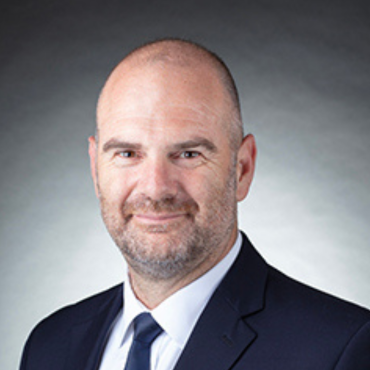
My primary areas of research is focused on understanding how the gut talks to the brain. By using the disease of obesity it enables pathophysiological processes in the subcortical areas of the brain to be interrogated when peripheral signals from the gut are altered. This can be done by using bariatric surgery as a model, where multiple gut signals are enhanced and act in concert, or by using single signals such as Glucagon like peptide 1 analogues.
My most significant research accomplishments has been to change the narrative around obesity from it being a self-inflicted condition to a disease of obesity with measurable pathophysiology, symptoms, signs, and complications.
The ultimate achievement would be not only for obesity to be recognised as a disease but for it to be treated as a disease. This would mean to allow the science to become the basis of the cure. Clinicians will have to buy into the concept that obesity may not be a single disease but rather a result of different subtypes or even completely different diseases. Industry would need to produce treatments for the different diseases and consider health gain instead of weight loss as the way to measure success. Finally public and private payers need to measure the value of treating obesity in the same way as they do for all the other chronic diseases and create equity in the way obesity is treated.
One way to balance clinical and research commitments is to allow both to happen simultaneously and not to allow these to compete with each other. Thus every clinical patient becomes a dot on a research graph. Moreover, what is learnt within the research lab is translated as quickly as possible into clinic to allow testing and refining of hypotheses.
The best advice I received when considering engaging in clinical research was to listen to my patients because I was told “the truth is in the patients”. This made me a better clinician but also a much better researchers because I could use the observations in clinic to create research questions which could then be tested in the lab or in the research clinic.
View Prof Carol Le Roux's profile here.